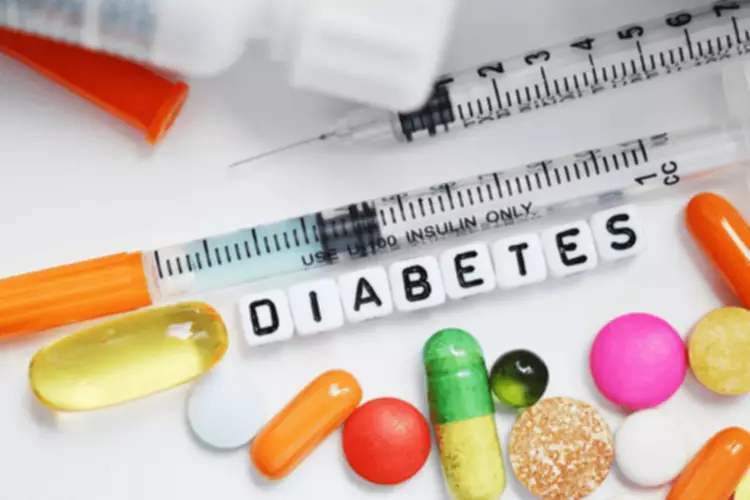
Alcohol use, especially excessive alcohol consumption, can harm your physical and mental health. From damaging vital organs to impairing brain function and jeopardizing relationships, the negative consequences of excessive alcohol use are far-reaching. Chronic alcohol use raises your risk for health problems, including heart disease, liver disease, cancer, and mental health disorders. So, how does drinking alcohol on an airplane impact your heart rate and blood oxygen levels?
Digestive System
After drinking 10 to 12 units of alcohol, your co-ordination will be highly impaired, placing you at serious risk of having an accident. The high level of alcohol has a depressant effect on both your mind and body, which makes you drowsy. While many people who drink alcohol initially experience relaxation or euphoria, these feelings are temporary.
Social and wellness issues
- We go to happy hour after work, we give toasts at weddings, and we drink to celebrate and mark occasions.
- Shortly after consumption, your body rapidly absorbs alcohol into the bloodstream.
- It also increases the risk of blackouts, especially on an empty stomach.
- If you’re pregnant or think you could become pregnant, the safest approach is not to drink alcohol at all to keep risks to your baby to a minimum.
Negative emotions, poor judgment, and changes to your vision, hearing, coordination, and memory-making abilities often follow. Alcohol poisoning can quickly become life-threatening and requires prompt medical treatment. Call 911 for help if you suspect someone is experiencing alcohol poisoning. Symptoms can vary from person to person, so it’s best to exercise caution and seek medical help if someone you are with shows signs of extreme alcohol intoxication. Alcohol causes irritation and inflammation along your gastrointestinal (GI) tract, disrupting normal digestive function. Evidence suggests that certain alcoholic beverages, such as wine and beer, appear to accelerate the movement of food and waste through the digestive system, which can lead to diarrhea.
Cancer risk

But good evidence shows that drinking high amounts of alcohol are clearly linked to health problems. Tolerance and dependence can both happen as symptoms of alcohol use disorder, a mental health condition previously referred to as alcoholism, that happens when your body becomes dependent on alcohol. This condition can be mild, moderate, or severe, depending on the number of symptoms you have.

Understanding alcohol use
It’s also why alcohol can make you feel sleepy or drowsy, especially as your blood alcohol concentration rises. In fact, your overall diabetes risk consequences of alcohol tends to drop with moderate alcohol consumption. However, when it comes to heavy drinking and binge drinking, your risk rises (53, 54, 55, 56).

- If alcohol continues to accumulate in your system, it can destroy cells and, eventually, damage your organs.
- This article discusses the physiological and psychological effects of alcohol and how to change your drinking habits.
- A comprehensive 2015 review found that alcohol use is one of the leading contributors to pancreatitis because it causes the pancreas to produce toxic substances.
- Alcohol use can increase the risk of cardiovascular problems, cognitive decline, liver disease, mental health conditions, and more.
- At the same time, it impairs judgment and may promote behavior people may end up regretting (1, 2).
Long-term alcohol use can affect bone density, leading to thinner bones and increasing your risk of fractures if you fall. Dehydration-related effects, like nausea, headache, and dizziness, might not appear for a few hours, and they can also depend on what you drink, how much you drink, and if you also drink water. By Lindsay CurtisCurtis is a writer with over 20 years of experience focused on mental health, sexual health, cancer care, and spinal health. In people assigned male at birth, alcohol consumption can decrease testosterone production and sperm quality. In people assigned female at birth, alcohol use can interfere with regular ovulation and menstrual cycles and make it difficult to get pregnant. Alcohol use can cause sexual dysfunction, such as difficulty achieving or maintaining an erection and decreased sexual sensations.

It can also be difficult for the body to process, putting extra pressure on the liver, the digestive system, the cardiovascular system, and other functions. The effects of alcohol can range from mild, such as skin flushing, to more severe symptoms such as passing out or vomiting. There’s been an uptick in non-alcoholic drink options, as more and more companies are creating alternatives.
While moderate alcohol consumption may reduce your risk of heart disease, heavy drinking may increase it. While alcohol intoxication is only temporary, chronic alcohol abuse can impair brain function permanently. However, moderate https://ecosoberhouse.com/ drinking may have benefits for brain health — especially among older adults. Heavy drinking and beer are linked to increased weight gain, while light to moderate drinking and wine are linked to reduced weight gain.
Effects of Alcohol on Your Body
Steatotic liver disease develops in about 90% of people who drink more than 1.5 to 2 ounces of alcohol per day. Researchers found that both drinkers and non-drinkers in the normal pressure setting had relatively stable blood oxygen concentrations and heart rates. Blood oxygen concentrations were 95% and 96% for the drinkers and non-drinkers, respectively. Those who had alcohol had an average heart rate of 77 beats per minute (bpm), and those who didn’t had a heart rate of about 64 bpm, both of which are considered average numbers.







